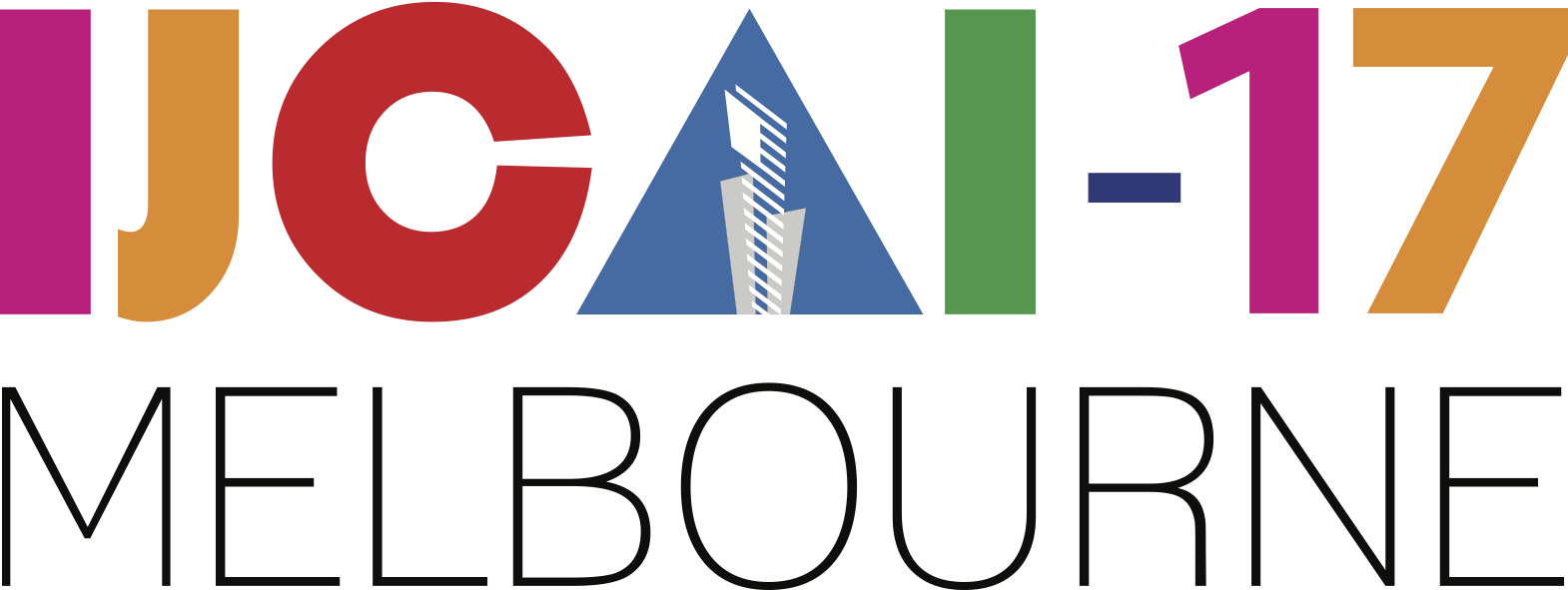Multilingual Knowledge Graph Embeddings for Cross-lingual Knowledge Alignment
Multilingual Knowledge Graph Embeddings for Cross-lingual Knowledge Alignment
Muhao Chen, Yingtao Tian, Mohan Yang, Carlo Zaniolo
Proceedings of the Twenty-Sixth International Joint Conference on Artificial Intelligence
Main track. Pages 1511-1517.
https://doi.org/10.24963/ijcai.2017/209
Many recent works have demonstrated the benefits of knowledge graph embeddings in completing monolingual knowledge graphs. Inasmuch as related knowledge bases are built in several different languages, achieving cross-lingual knowledge alignment will help people in constructing a coherent knowledge base, and assist machines in dealing with different expressions of entity relationships across diverse human languages. Unfortunately, achieving this highly desirable cross-lingual alignment by human labor is very costly and error-prone. Thus, we propose MTransE, a translation-based model for multilingual knowledge graph embeddings, to provide a simple and automated solution. By encoding entities and relations of each language in a separated embedding space, MTransE provides transitions for each embedding vector to its cross-lingual counterparts in other spaces, while preserving the functionalities of monolingual embeddings. We deploy three different techniques to represent cross-lingual transitions, namely axis calibration, translation vectors, and linear transformations, and derive five variants for MTransE using different loss functions. Our models can be trained on partially aligned graphs, where just a small portion of triples are aligned with their cross-lingual counterparts. The experiments on cross-lingual entity matching and triple-wise alignment verification show promising results, with some variants consistently outperforming others on different tasks. We also explore how MTransE preserves the key properties of its monolingual counterpart.
Keywords:
Machine Learning: Relational Learning
Natural Language Processing: Natural Language Semantics
Natural Language Processing: Natural Language Processing

